detail profile lav diaz

Lav Diaz
라브 디아즈
atau dikenal sebagai
Riwayat Hidup
Lavrente Indico Diaz (born December 30, 1958) is a Filipino independent filmmaker.
He is known as one of the key members of the slow cinema movement, having made several of the longest narrative films on record.
Although he had been making films since the late 90s Diaz didn't attract much public attention outside of the Philippines and the festival circuit until the release of his 2013 film Norte, the End of History, which was entered into Un Certain Regard section of the 2013 Cannes Film Festival.
His three subsequent films have received much critical attention and many awards with 2014's From What Is Before earning him the Golden Leopard at the 2014 Locarno International Film Festival as well as a nomination for the Asian Film Award for Best Director, 2016's A Lullaby to the Sorrowful Mystery competing for the Golden Bear at the 66th Berlin International Film Festival and winning the Alfred Bauer Prize, and 2016's The Woman Who Left competing at the 73rd Venice International Film Festival and winning the Golden Lion.
Info Pribadi
Peran Yang Di Mainkan Lav Diaz
 In the 16th century Ferdinand Magellan...
In the 16th century Ferdinand Magellan...Magellan 2025
In the 16th century, Ferdinand Magellan, a young and ambitious Portuguese navigator, rebels against the power of the King of Portugal, who doesn’t support his dream of discovering the world, and persuades the Spanish monarchy to fund his bold expedition to the fabled lands of the East.
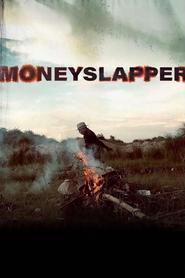 In dreary Porac Pampanga a young...
In dreary Porac Pampanga a young...Moneyslapper 2024
In dreary Porac Pampanga, a young man, Daniel, abandons his motherland after winning the biggest cash prize in the history of Philippine lottery. Five years later, he is searching for home and redemption through the people that make up his past. With each visit, his story unfolds like the last digit of a winning combination.
 In a sophisticated near perfect society...
In a sophisticated near perfect society...Schirkoa: In Lies We Trust 2024
In a sophisticated near perfect society, citizens live with paper bags on heads to dissolve differences. Tensions rise when the whispers of a mythical land without the bags start to float and a fresh council member sparks an accidental revolution.
 Lieutenant Hermes Papauran one of the...
Lieutenant Hermes Papauran one of the...When the Waves Are Gone 2023
Lieutenant Hermes Papauran, one of the best investigators in the Philippines, is at a deep moral crossroads. He is a first-hand witness of the murderous anti-drug campaign conducted by his force, his anxiety and guilt triggering a severe skin disease. As he tries to heal, a dark past haunts him.
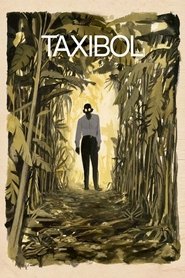 Driving around the streets of Cuba...
Driving around the streets of Cuba...Taxibol 2023
Driving around the streets of Cuba, Lav Diaz – the famous Filipino director – and Gustavo Flecha - a talkative Cuban taxi driver – find themselves discussing about politics, migration, social conditions and love; touching many personal stories and experiences, they create an historical affresco of the conditions of their own countries.
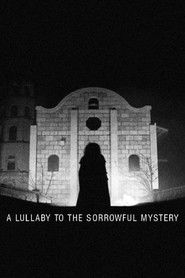 Andrs Bonifacio is celebrated as the...
Andrs Bonifacio is celebrated as the...A Lullaby to the Sorrowful Mystery 2016
Andrés Bonifacio is celebrated as the father of the Philippines Revolution against Spanish colonial rule. This eight-hour epic examines this myth, undertaking an expedition into history through various interwoven narrative threads, held together by an exploration of the individual’s role in history.
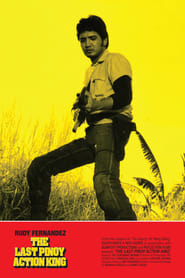 An intimate and often heartbreaking portrait...
An intimate and often heartbreaking portrait...The Last Pinoy Action King 2015
An intimate and often heartbreaking portrait of one of the Philippines' most beloved screen icons.
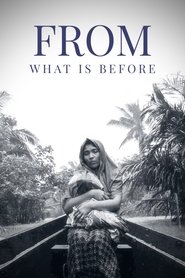 The Philippines 1972 Mysterious things are happening...
The Philippines 1972 Mysterious things are happening...From What Is Before 2014
The Philippines, 1972. Mysterious things are happening in a remote barrio. Wails are heard from the forest, cows are hacked to death, a man is found bleeding to death at the crossroad and houses are burned. Ferdinand E. Marcos announces Proclamation No. 1081 putting the entire country under Martial Law.
 A journalist investigates a woman with...
A journalist investigates a woman with...The Legend of China Doll 2013
A journalist investigates a woman with the name of China Doll. Soon, he discovers his knowledge of her turns out to be dangerous.
 Made for the Venice Film Festivals 70...
Made for the Venice Film Festivals 70...Venice 70: Future Reloaded 2013
Made for the Venice Film Festival's 70th anniversary, seventy filmmakers made a short film between 60 and 90 seconds long on their interpretation of the future of cinema.
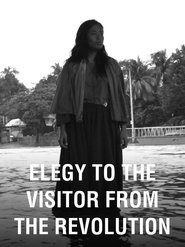 Deliberately structured and less beholden to...
Deliberately structured and less beholden to...Elegy to the Visitor from the Revolution 2011
Deliberately structured and less beholden to its narrative, the film is told in three parts, with each part pertaining to each of the three visits of the time-travelling visitor from when the country was fighting for independence from Spain.
 Hong SangSoos Lost in the Mountains...
Hong SangSoos Lost in the Mountains...Visitors 2009
Hong Sang-Soo’s Lost in the Mountains (South Korea, 32min) the visitor is the supremely self-centred Mi-Sook, who drives to Jeonju on impulse to see her classmate Jin-Young – only to discover that her friend is having an affair with their married professor, who Mi-Sook once dated herself. The level of social embarrassment goes off the scale. In Naomi Kawase’s Koma (Japan, 34min), Kang Jun-Il travels to a village in rural Japan to honour his grandfather’s dying wish by returning a Buddhist scroll to its ancestral home. Amid ancient superstitions, a new relationship forms. And in Lav Diaz’ Butterflies Have No Memories (Philippines, 42min) ‘homecoming queen’ Carol returns to the economically depressed former mining town she came from – and becomes the target of an absurd kidnapping plot hatched by resentful locals. Serving as his own writer, cameraman and editor, Diaz casts the film entirely from members of his crew and delivers a well-seasoned mix of social realism and fantasy. —bfi
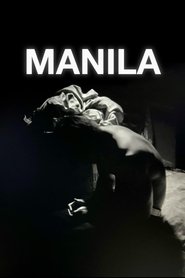 A tribute to filmmakers and National...
A tribute to filmmakers and National...Manila 2009
A tribute to filmmakers and National Artists Lino Brocka and Ishmael Bernal. In the "Day" segment, Piolo Pacual portrays the role of William, a drug addict who tries to rebuild his sense of self and reconnect with the people around him. For the "Night" segment, Pascual portrays the role of Philip, who works as a bodyguard for a mayor's son. The bodyguard believes that his boss considers him as part of the family but after a shooting incident, he realizes his real worth to his boss. As he struggles to hide, he is slowly consumed by the claws of darkness lurking the city.
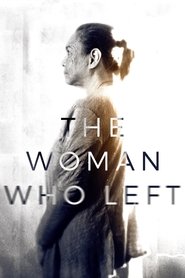 After 30 years of wrongful imprisonment for...
After 30 years of wrongful imprisonment for...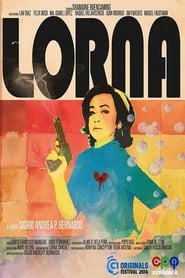 Lorna is sixty year old woman...
Lorna is sixty year old woman...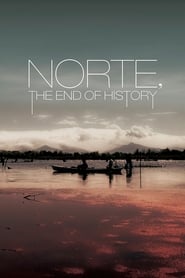 An embittered law student commits a...
An embittered law student commits a... A story about victims of summary...
A story about victims of summary...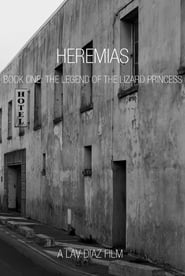 A wandering peddler separates from his...
A wandering peddler separates from his...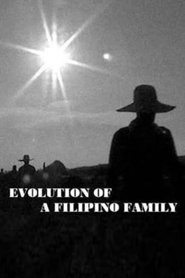 Depicting the struggles of Filipinos in...
Depicting the struggles of Filipinos in...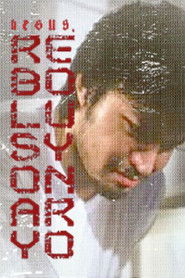 A man named Jesus takes on...
A man named Jesus takes on...